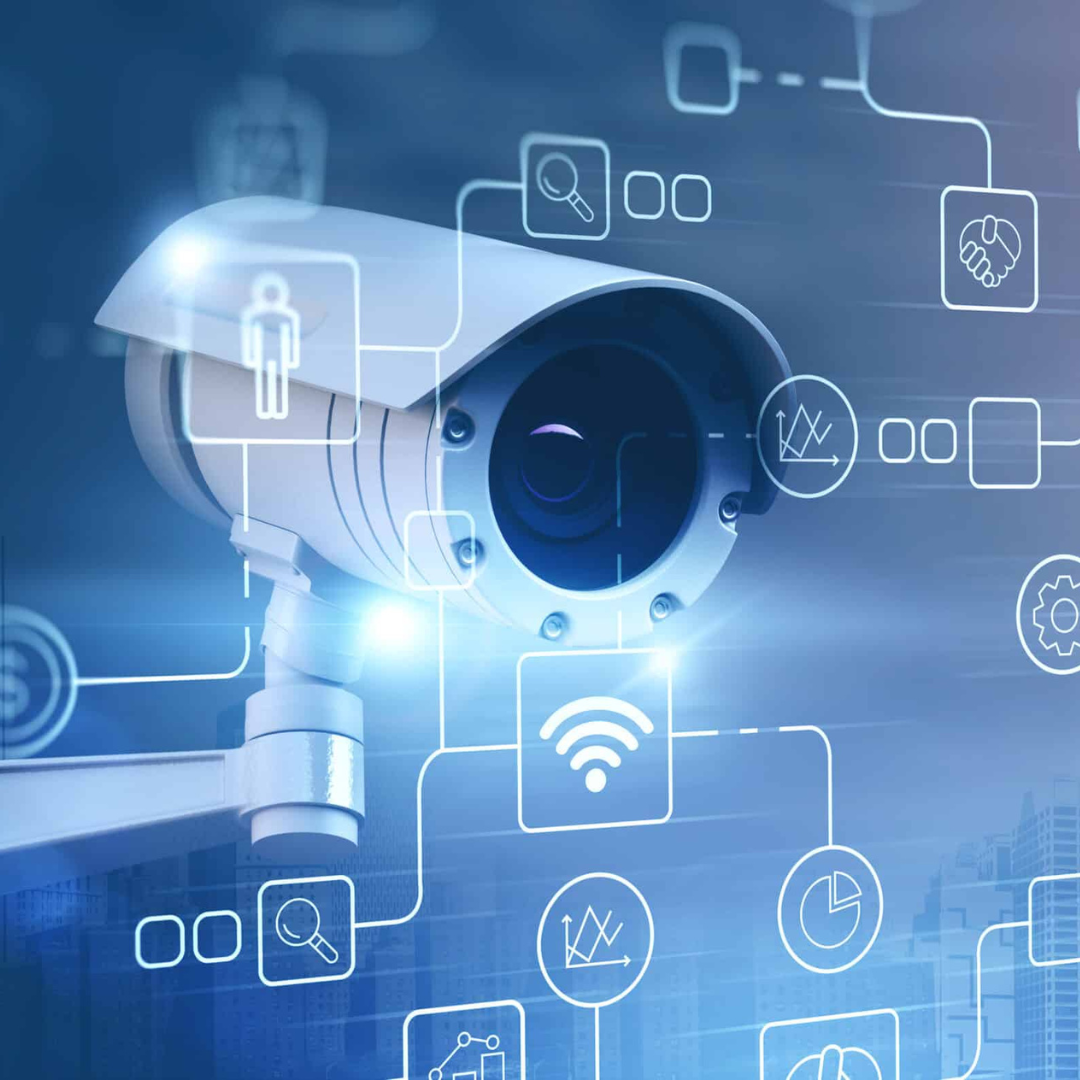The Importance of Data Security in Office Automation Technologies for SME Businesses
2023-08-11 19:32:21

In today's fast-paced business world, small and medium-sized enterprises (SMEs) are increasingly embracing office automation technologies to streamline their operations and improve productivity.
Automation tools like cloud-based software, Internet of Things (IoT) devices, and artificial intelligence (AI) systems offer tremendous advantages, such as increased efficiency, cost savings, and enhanced collaboration. However, as SMEs integrate these technologies into their daily operations, the importance of data security cannot be overstated.
In this blog post, we will explore why data security is crucial for SMEs adopting office automation technologies and discuss key measures that can safeguard sensitive information from potential threats.
Understanding Office Automation Technologies
Office automation technologies refer to the integration of digital tools and processes to automate routine tasks in a business environment. Examples of such technologies include cloud-based storage and collaboration platforms, automated invoicing and payment systems, AI-powered chatbots for customer support, and IoT devices for monitoring and control.
These advancements have revolutionised the way SMEs function, providing them with a competitive edge and enabling them to deliver services more effectively.
The Vulnerability of Data in Office Automation Technologies
While office automation technologies offer numerous benefits, they also present new data security challenges for SMEs. These systems generate and store vast amounts of sensitive information, including financial records, customer data, proprietary business data, and intellectual property. This data becomes vulnerable to various risks, such as data breaches, unauthorised access, malware attacks, and human errors.
The consequences of a data breach can be devastating for SMEs. Apart from the financial losses due to potential lawsuits and fines, there could be long-term damage to the company's reputation, loss of customer trust, and even potential business closure. Therefore, SMES must prioritise data security and establish robust safeguards to protect their sensitive information.
Importance of Data Security in Office Automation Technologies
Protecting Customer Trust
In today's data-driven economy, customers expect businesses to handle their personal information with utmost care. When SMEs demonstrate a commitment to data security, they build trust among their customers, leading to increased loyalty and repeat business. A strong data security framework not only safeguards customer data but also sends a powerful message about the company's dedication to maintaining high ethical standards.
Compliance with Data Regulations
Data protection regulations, such as the General Data Protection Regulation (GDPR) in Europe or the California Consumer Privacy Act (CCPA) in the United States, impose strict requirements on how businesses handle customer data. Non-compliance can lead to severe penalties. By prioritising data security, SMEs can ensure compliance with these regulations and avoid legal ramifications.
Safeguarding Intellectual Property
For many SMEs, their intellectual property and proprietary data is the foundation of their competitive advantage. Unauthorised access or data breaches could lead to the theft of valuable trade secrets or innovations, putting the business at a significant disadvantage in the market. Implementing strong data security measures helps protect these critical assets from falling into the wrong hands.
Mitigating Financial Losses
Data breaches and cyberattacks can result in significant financial losses for SMEs. The cost of investigating the incident, notifying affected parties, and potential legal fees can be crippling for small businesses. Investing in data security measures can significantly reduce the likelihood of such incidents and save the company from substantial financial strain.
Best Practices for Ensuring Data Security in Office Automation Technologies
Conduct Regular Security Audits
SMEs should regularly assess their data security measures by conducting comprehensive security audits. These audits help identify vulnerabilities and potential weak points in the organisation's IT infrastructure. Addressing these issues promptly can prevent potential breaches and ensure continuous improvement in data security.
Implement Strong Access Controls
Controlling access to sensitive data is critical in office automation technologies. Businesses should adopt a principle of least privilege, granting employees access only to the data necessary for their specific roles. Multi-factor authentication (MFA) should be enforced, adding an extra layer of security to user accounts.
Encrypt Data
Encrypting data is an essential practice to protect information from unauthorised access. Data should be encrypted both during transmission and storage to ensure that even if intercepted, it remains unreadable to unauthorised individuals.
Train Employees on Data Security
Human error remains one of the leading causes of data breaches. SMEs must invest in regular data security training for their employees. Educating staff about phishing attacks, password hygiene, and recognising potential security threats can help reduce the likelihood of data breaches caused by human error.
Back Up Data Regularly
Regular data backups are crucial to ensure business continuity in case of a security incident or system failure. Backups should be stored securely, ideally in an off-site location or a cloud-based service with strong encryption.
Choose Trusted Automation Vendors
When selecting office automation technologies, SMEs should opt for reputable and well-established vendors known for their commitment to data security. Researching vendors' security practices and certifications can help ensure the chosen solutions meet high standards of data protection.
Conclusion
As SMEs continue to embrace office automation technologies to improve efficiency and remain competitive, data security should be at the forefront of their priorities. The benefits of automation can only be fully realised when accompanied by robust data security measures.
By understanding the vulnerability of data and the potential consequences of data breaches, SMEs can take proactive steps to protect their sensitive information. Prioritising data security not only builds trust with customers but also ensures compliance with data protection regulations, safeguards intellectual property and mitigates financial losses.
By adhering to best practices and investing in data security, SMEs can confidently embrace office automation technologies, empowering their growth and success in the digital age.


